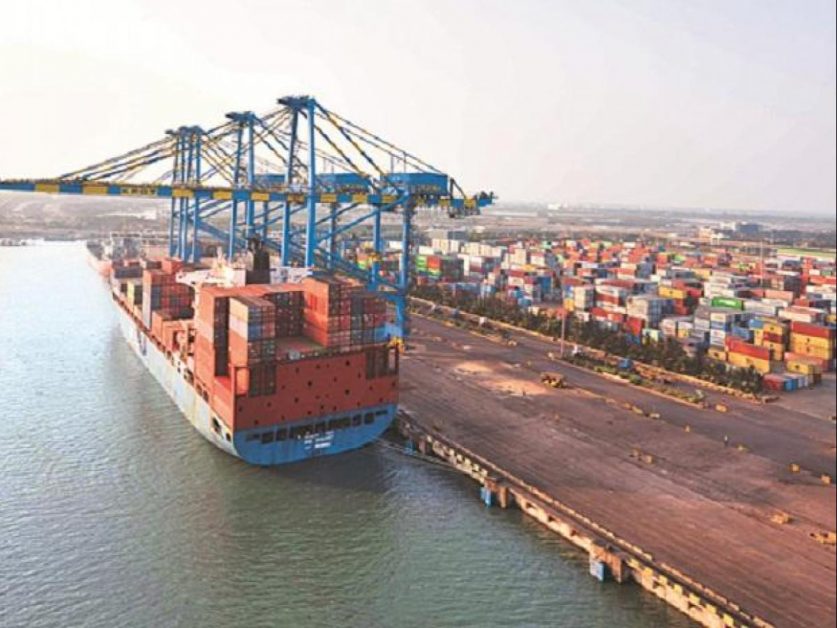Gautam Adani, founder and chairman of India’s Adani Group, has a knack for fostering connections that pay off sooner or later. Now the entrepreneur is about to see those connections make him the country’s top operator of sea ports and airports.
The up-and coming conglomerate recently announced plans to spend 500 billion rupees ($6.8 billion) over the next five years, which would make it a leader in the country’s infrastructure industry. The group already runs 10 ports and container terminals throughout India. Now it plans to invest 350 billion rupees in airports, with the rest going to roads and data centers.
Adani Group won the right to operate six regional airports after the national government relaxed bidding rules last year. It also acquired the operator of Mumbai’s airport and is slated to construct a new airport serving the suburb of Navi Mumbai.
If all the takeovers are finalized, the group will become the country’s biggest airport operator. In addition to airports, the group decided to buy least seven other companies between June and October, including a power transmission company, a solar-power business and a port.
The group sales run to more than $15 billion a year. It controls the port of Mundra in the western state of Gujarat. The port, India’s largest private facility, handles 264 million tons of freight a year.
This empire was built in a generation by Gautam Adani, a billionaire entrepreneur dubbed “the port tycoon.” Gautam Adani, 58, has now turned his focus to becoming the infrastructure king, hoping to oversee airports as well sea ports.
“In my view, patience and long-term planning, and most importantly, an alignment with the government’s business agenda, is what creates the greatest value,” he said, in announcing the 500 billion rupee investment by the group’s flagship company, Adani Enterprises, during an earnings call in November.
The son of a textile business owner, Gautam Adani dropped out of university, moved to Mumbai and became a diamond broker while in his teens. His older brother later recruited him to help run a plastics importer. That led him to found his own trading company, now called Adani Enterprises, in 1988. In the 1990s, Adani participated in the Mundra Port development project. His company has since diversified into electricity, gas and real estate.
Adani Group is known for skill in persuading government officials to enact policies favorable to his business interests. The group is strong in industries that rely on compulsory land acquisitions.
Six group companies are publicly traded and have a combined market capitalization of $40 billion. But in terms of revenue, the group is still much smaller than India’s three largest conglomerates. Tata Group, the largest, took in $106 billion in revenue but is more than 150 years old. Reliance Industries, which makes sales $87.5 billion, dates back to the 1950s. Adani Group’s close ties to Modi are credited with fueling the group’s rapid ascent.
Adani Group is gaining on the fourth-largest conglomerate, Mahindra Group, which reports $21 billion in revenue.
Source: Nikkei Asia







